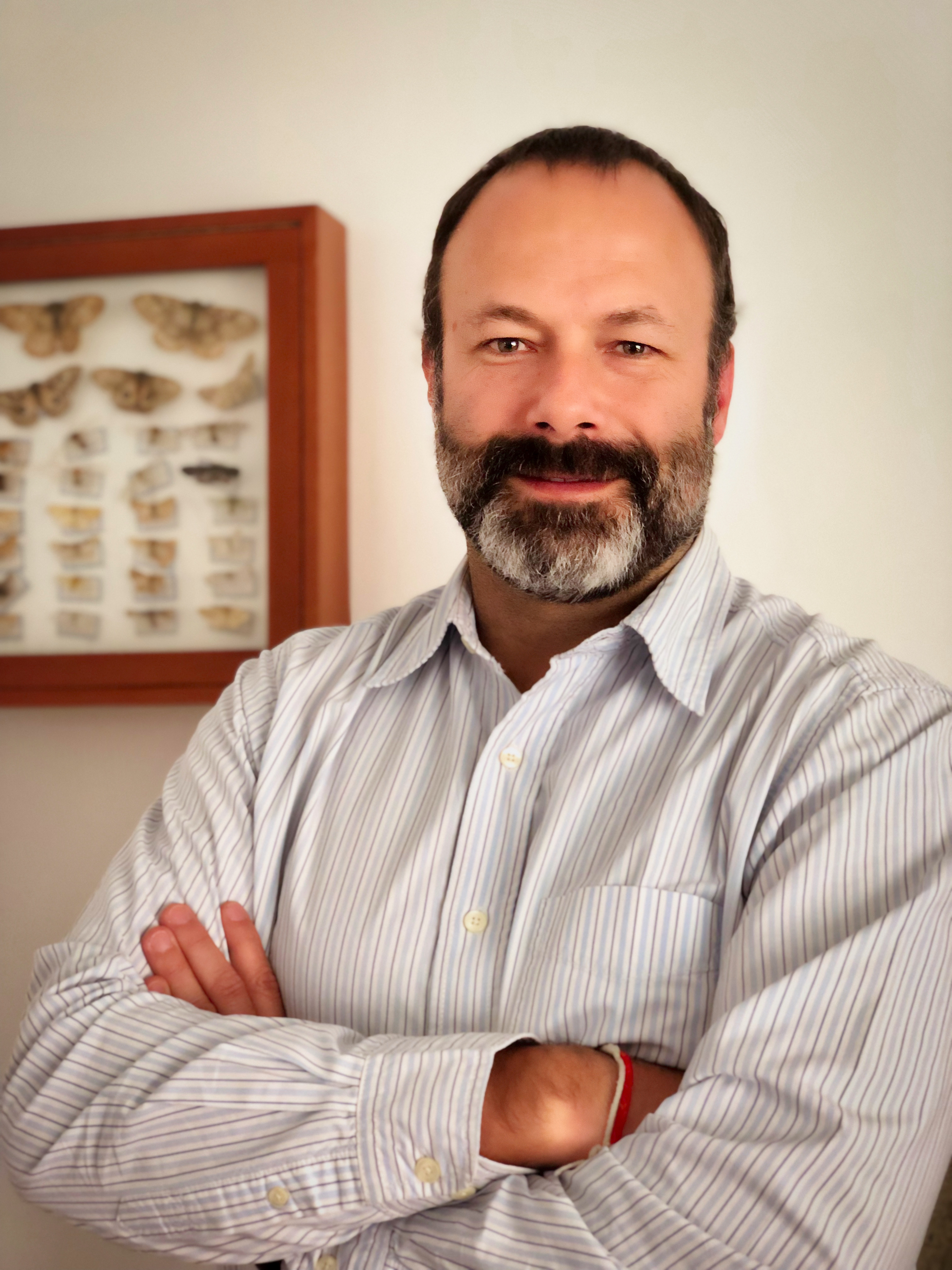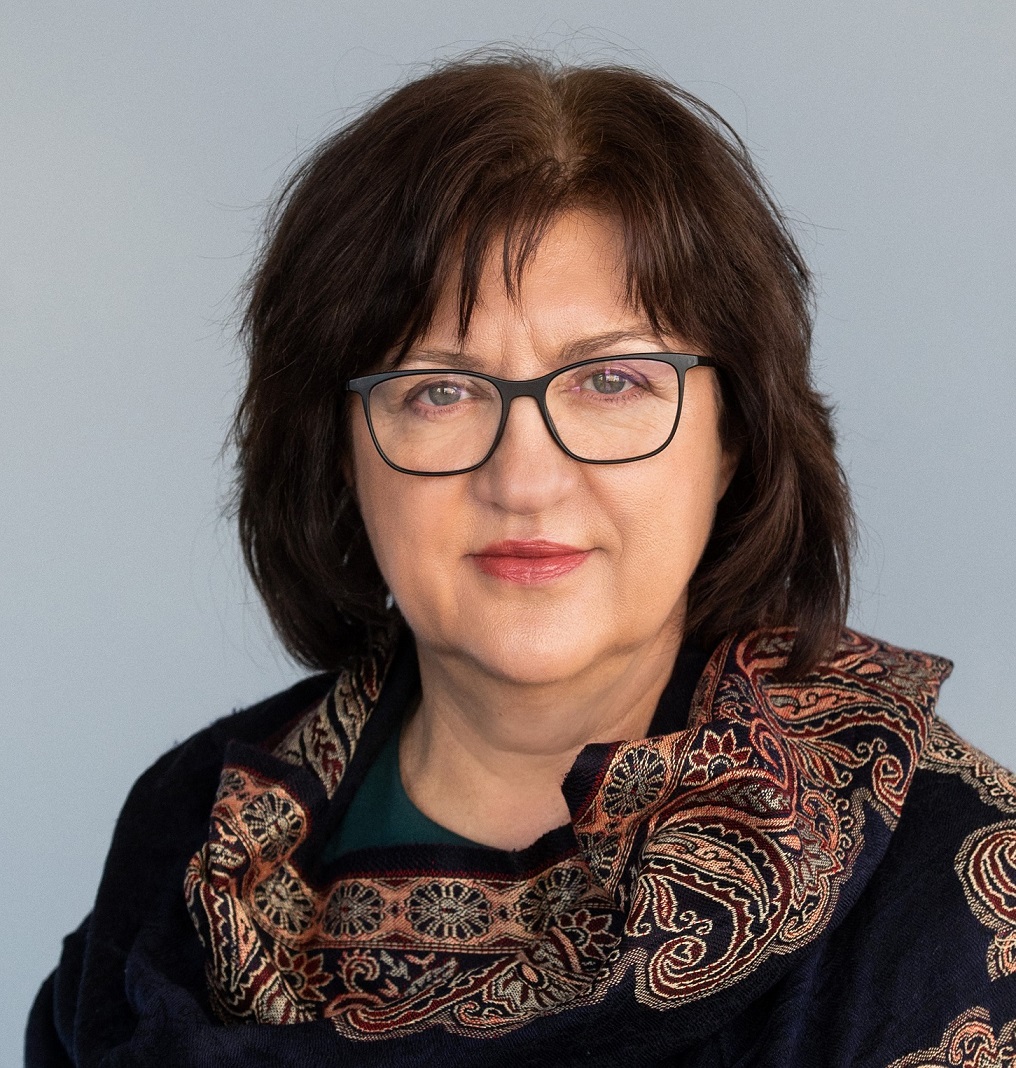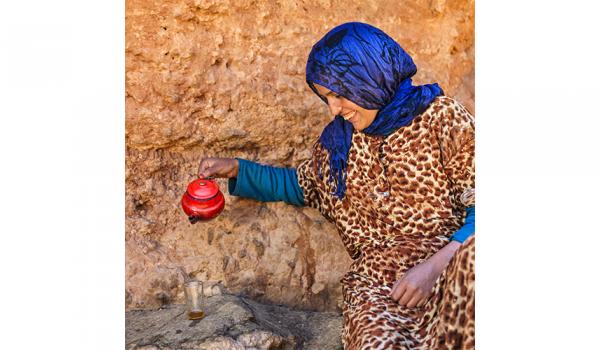IUCN CEC Nature Education for Sustainability Specialist Group
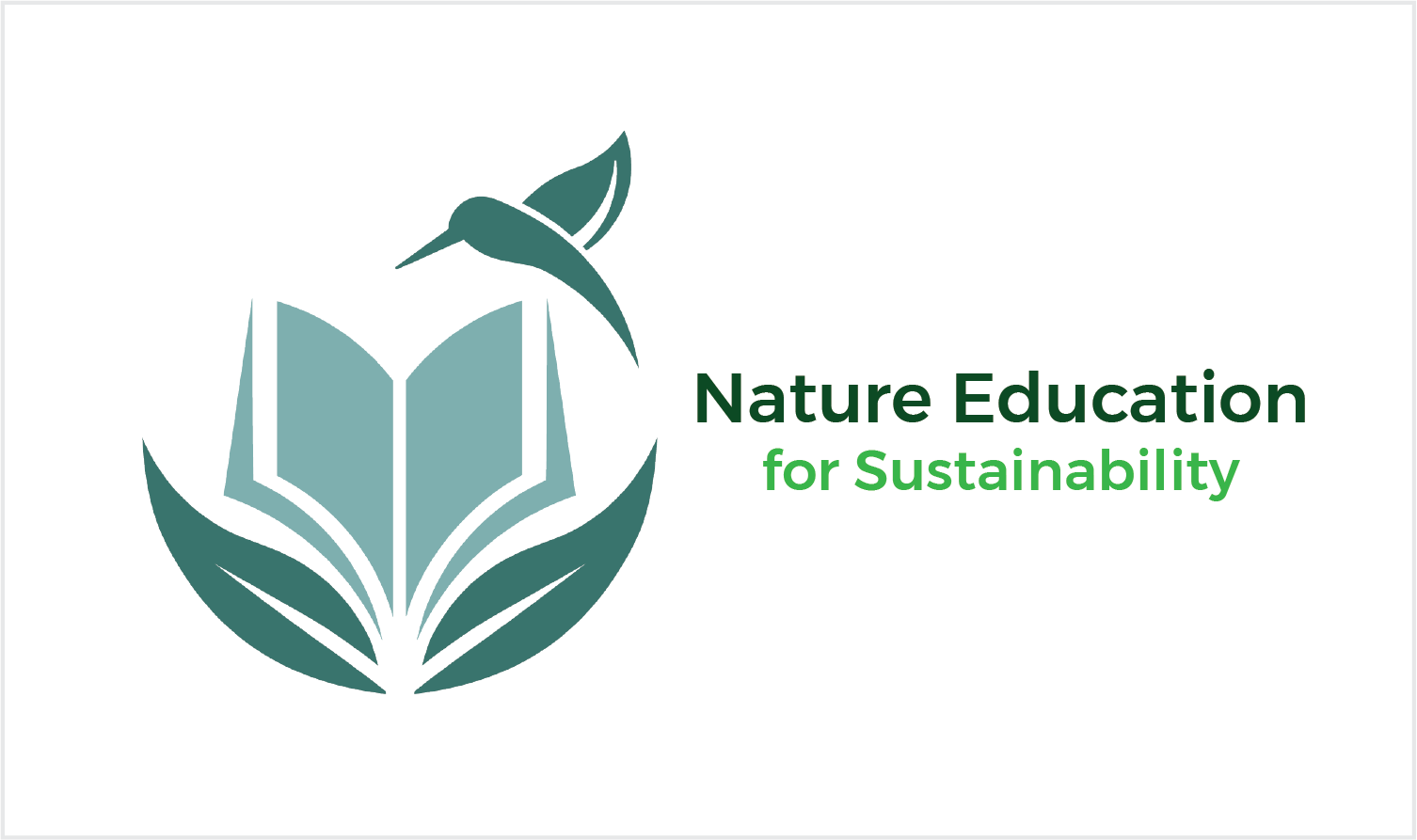
Overview and description
Integrate nature education as part of the formal, non formal, and informal education systems. Share your expertise!
- Description:
-
Integrate nature education as part of the formal, non formal, and informal education systems. Share your expertise!
Group leadership
Mr Luis Alberto CAMARGO
Regional Vice-Chair
Nature education and nature connection are part of, and promoted through, the formal, non formal, and informal education systems. Education is recognized as an important driving force for achieving conservation and sustainability. Education harnesses the opportunities for learning offered by nature, and inspires and helps re-establish deep connections between humans and nature. Curricula integrate nature education that connects climate change, biodiversity and protected areas in a living systems holistic approach.
Working Groups
Vision and content development
The working group is focused on develop a consolidated vision about the Nature Education for Sustainability approach, content, and its place within the education ecosystem. People ranked climate change and biodiversity loss as the most pressing challenge the world faces, followed by discrimination and inequality, violence and conflict, and lack of food, water and housing. They selected education as one of the top solutions to each of these problems.
Communication and Advocacy
The working group operates to communicate the vision created and advocate its adoption, communicate and promote best practices through forums, invite schools across the world to pledge or adhere to the declaration, partner with groups that have global presence to support and adopt the literacy work, and engage the media to help spread the message.
Enabling infrastructure
Not all schools have access and/or financial resources to reach wilderness, forests, national parks, etc. Most of the world population currently resides in urban areas. This working group is focused on cooperate with stakeholders who can provide access to nature (public authorities, community members, landscape and city planners, architects).
Teaching methods
This working group aims to support a change in the way lessons are designed and delivered in order to make them conducive to connection with nature. Outdoor education, on school grounds, outdoor school facilities, forest education an many other initiatives will help to use nature as a teaching resource as well as create examples from nature as strategies for school teachers and university professors.
Resources
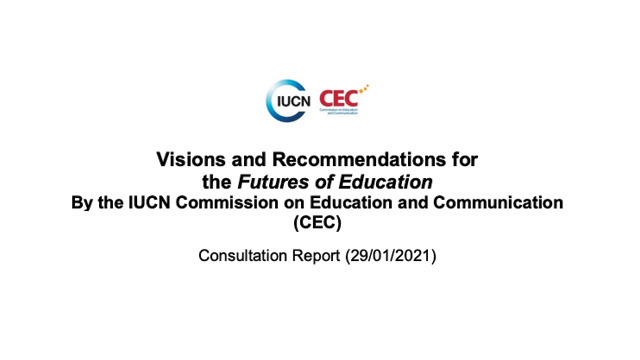
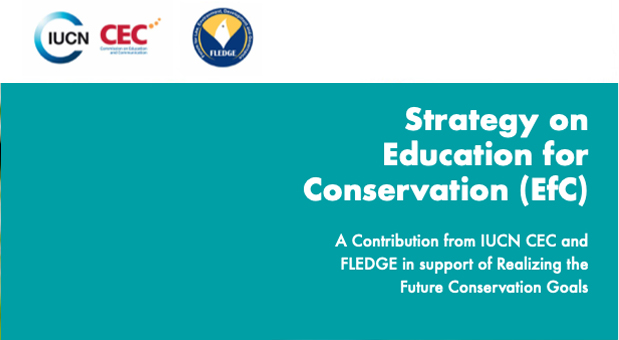
How to get involved?
If you are interested in contributing to the realization of our vision, sign up to become part of the network! Share your stories, let us know what ideas you have, get in touch, let’s help each other amplify and scale our work!
- Information exchange: Share information and best practices.
- Advocacy: Advocate for the adoption of our vision in education and conservation institutions as well as in local communities.
- Content creation: Help develop toolkits, guidelines for policymakers, teachers, conservationists and other relevant stakeholders.
- Research: about nature education best practices and existing school infrastructure (for instance, green schoolyards).
- Partnerships: Find and propose partners that can help amplify our reach and advocate for our vision.
